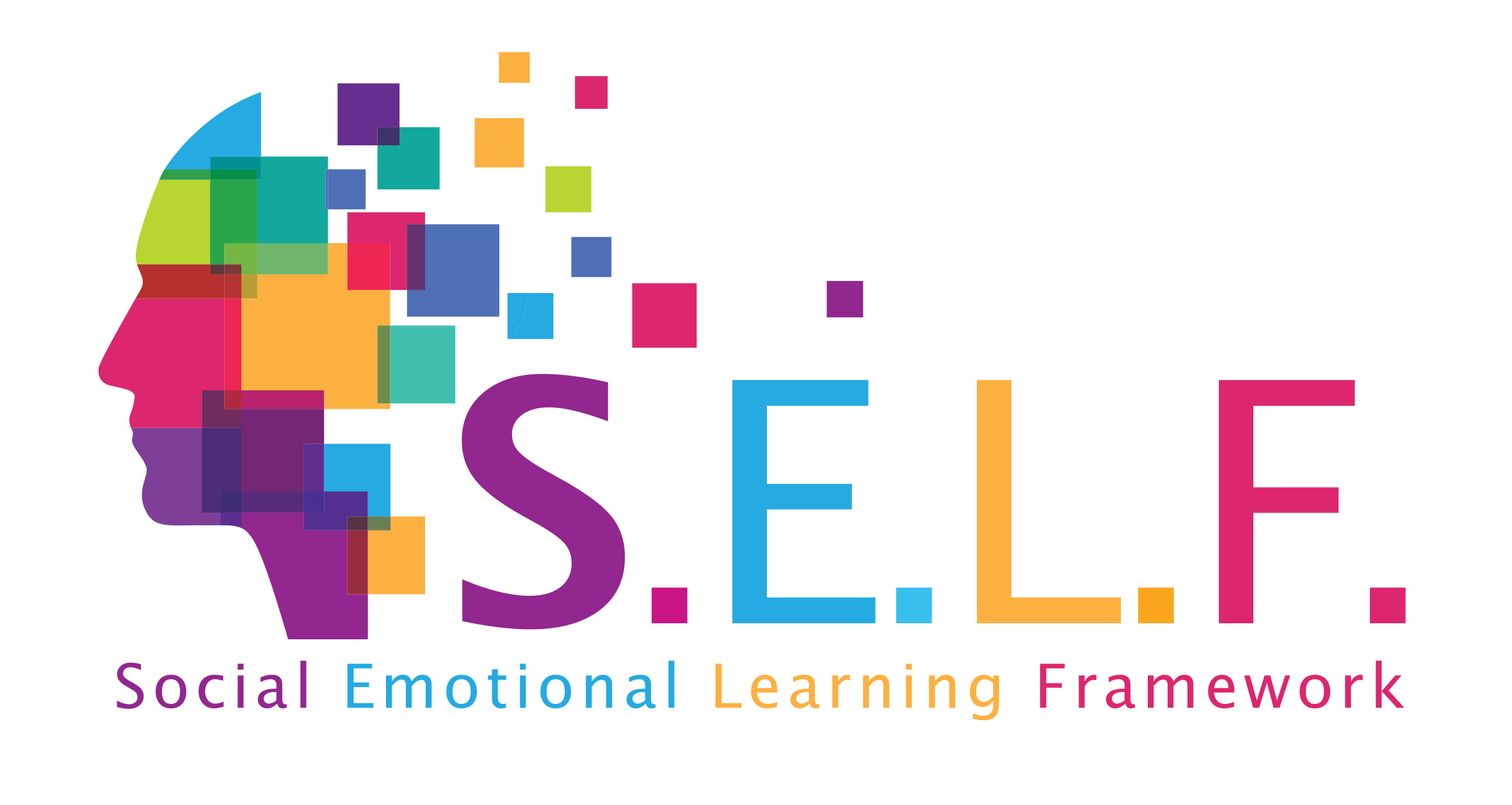SOCIAL AWARENESS AND
RELATIONSHIP BUILDING SKILLS
What Are Social Awareness and Relationship-Building Skills?
Why Is It Important?
Best Practices
What Are Social Awareness and Relationship-Building Skills?
The Collaborative for Academic, Social, and Emotional Learning (CASEL) is an organization which aims to advance the development of academic, social and emotional competence for all students. To this end, it guides educators and develops socio-emotional learning experiences and results to support K-12 students.
CASEL addresses social awareness and relationship-building skills as a component of social-emotional learning skills.
 Social awareness is described as the ability to understand others’ feelings and respond to their needs. Being able to notice and identify the feelings of others, not only ourselves, while responding according to a need is a part of emotional intelligence skills. Some of the traits of people who have high social awareness include being able to:
Social awareness is described as the ability to understand others’ feelings and respond to their needs. Being able to notice and identify the feelings of others, not only ourselves, while responding according to a need is a part of emotional intelligence skills. Some of the traits of people who have high social awareness include being able to:
- Evaluate different perspectives,
- Share others’ feelings,
- Accept and respect differences,
- Notice and be willing to meet different needs,
- Recognize the strengths of others,
- Understand the impact of organizations and systems on behaviors,
- Empathize and be compassionate.
Relationship skills refer to establishing and maintaining healthy relationships with different people. Effective communication refers to social participation, belonging to a group, self-expression, and contributing to the continuation of a relationship. Some of the traits of people who have improved relationships are as follows:
- Taking active role in teamwork and contributing to the group,
- Being open and willing to relate socially,
- Using communication skills (e.g. listening, empathizing, etc.) actively,
- Developing positive relationships,
- Addressing conflicts constructively,
- Asking for support and help where needed, while offering support/help when asked,
- Defying negative social pressure.
Why Is It Important?

Adulthood is a period defined by high expectations and responsibilities in a number of areas. Research shows that supporting the socio-emotional skills of adults helps enhance mental resilience, cope with challenges in a better way, achieve higher success levels, and establish stronger social relationships. In addition, it is observed that such adults are less likely to experience clinical issues such as depression, anxiety disorder, or somatic disorders, as well as the burnout syndrome.
People with high emotional awareness are observed to develop a higher emotional intelligence. Especially those who can notice and identify negative feelings are observed to have higher emotional regulation skills.
Emotional awareness and social adaptation of parents are observed to have an influence on the development of social awareness in infancy.
Relationship-building skills are crucial for any age. Research indicates that adult individuals who have bigger problems about building relationships continuously have higher temper levels.
Some of the important topics regarding interpersonal communication include initiating a relationship, leaving an impression, and conflict management. Studies reveal a negative correlation between internet addiction and such interpersonal relationship topics.
